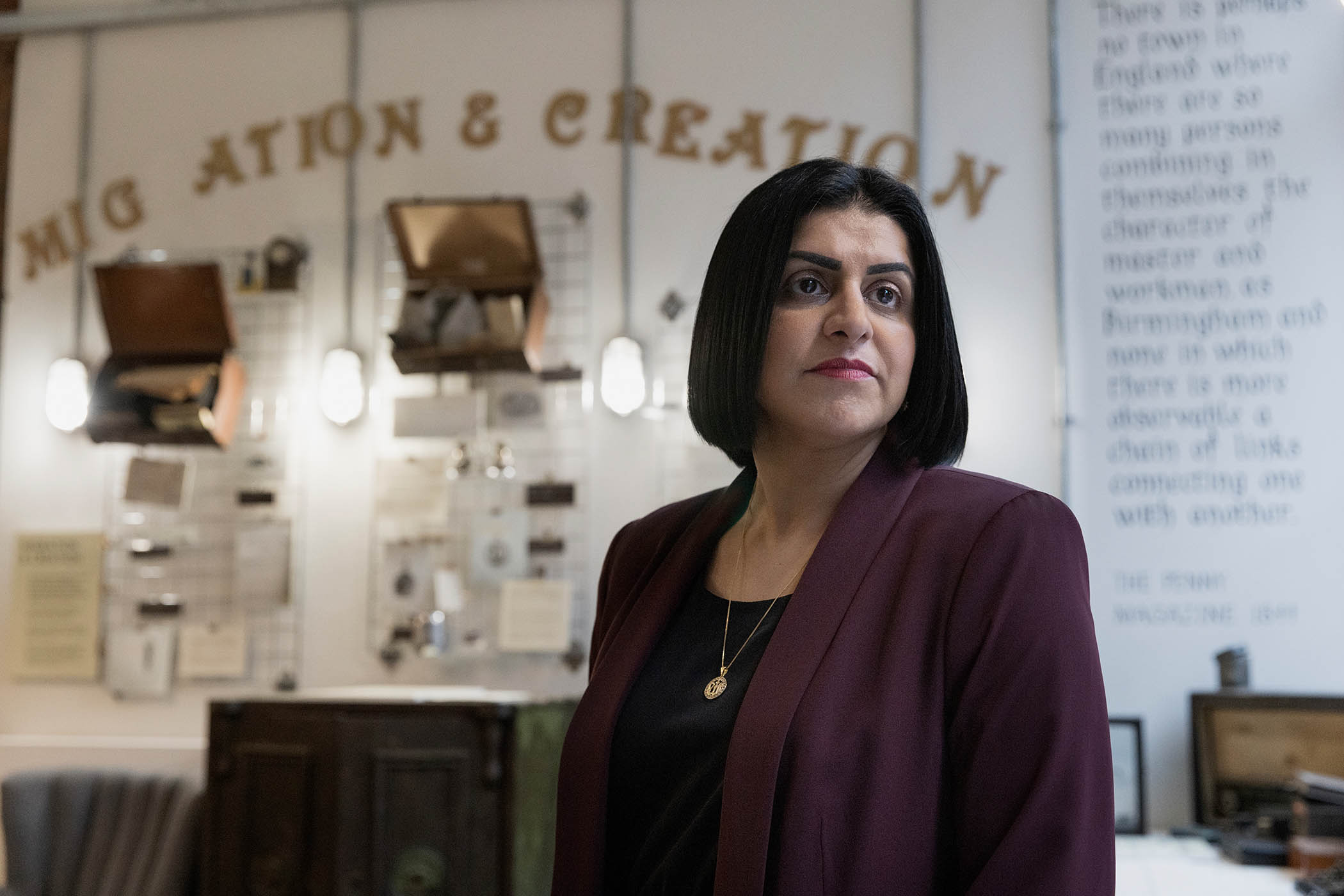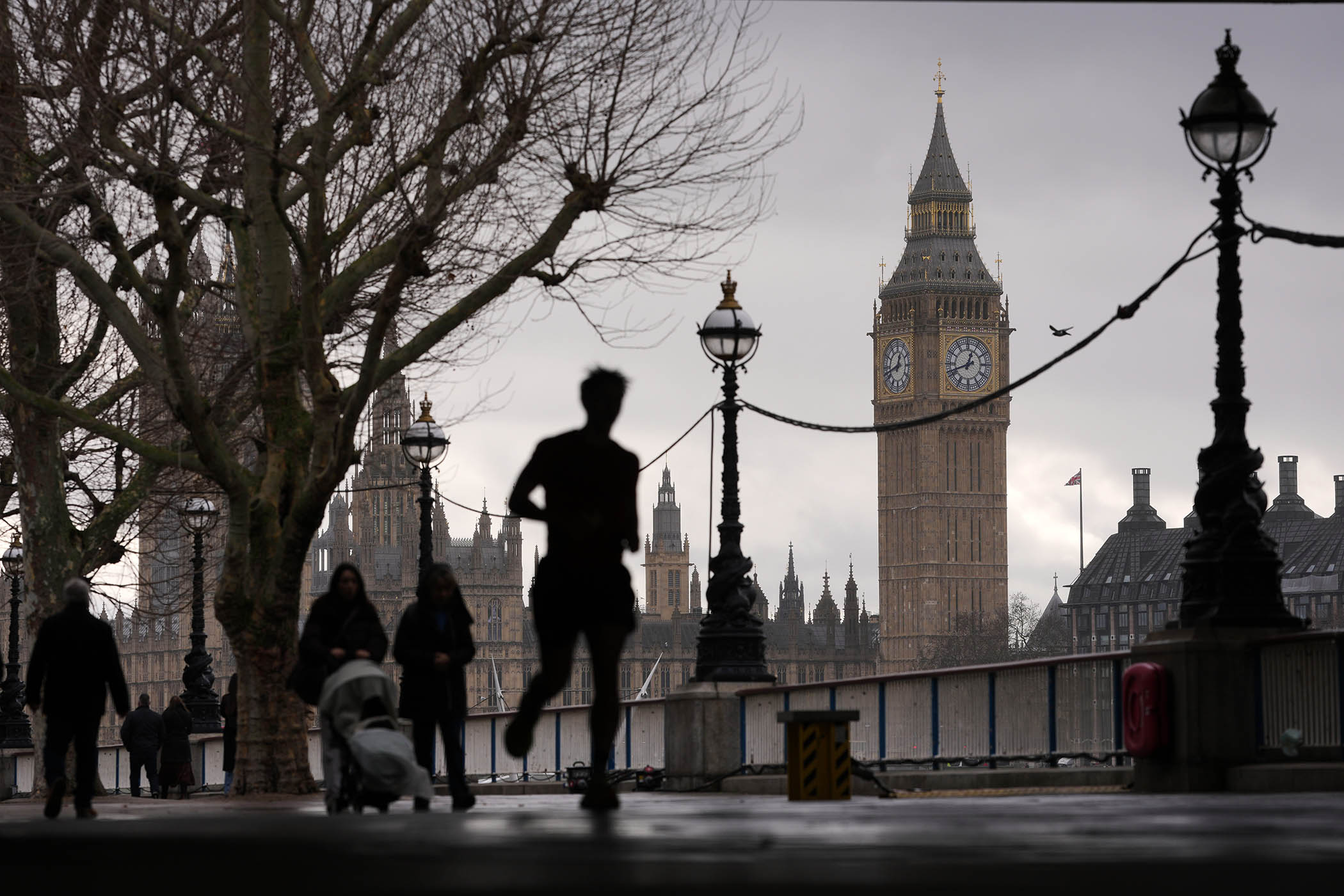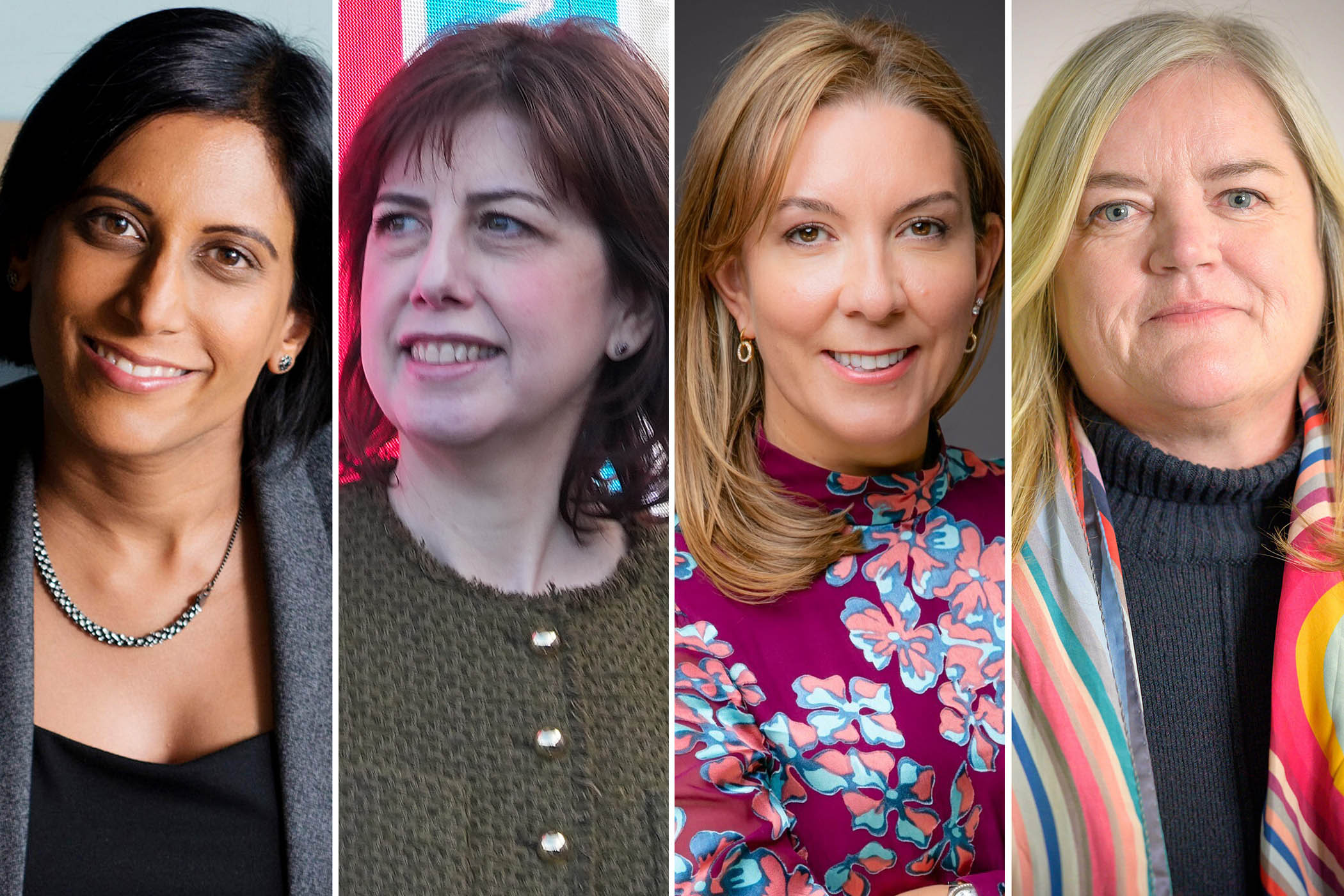New “safe and legal routes” for refugees will be created as part of sweeping reforms to the asylum system being announced this week.
In an interview with The Observer, the home secretary Shabana Mahmood said a raft of tough immigration controls were designed to unlock “the inherent openness, tolerance and generosity” of the British people.
Mahmood will set out three new routes for “genuine” refugees to come to the UK, alongside a package of hardline measures designed to reduce the number of arrivals into the country and increase the number of removals. Under the most draconian change yet to be introduced by the government, refugees will have their asylum status in the UK reviewed every two to three years and face deportation if their home country is deemed safe.
As Labour seeks to head off the threat from Reform, the statutory legal duty to provide support to asylum seekers, including housing and weekly allowances, will also be revoked. The government will seek to remove accommodation and payments from those who have the right to work or who break the law. “For too long the UK has offered a package of benefits and support that far exceeds our international obligations, creating a powerful pull factor,” the home secretary said.
‘For too long the UK has offered a package of benefits and support that far exceeds our obligations’
‘For too long the UK has offered a package of benefits and support that far exceeds our obligations’
Shabana Mahmood
Mahmood insisted, however, that she also wanted to make it easier for some of those fleeing war and persecution to come to Britain with an overhaul of safe and legal routes for asylum seekers. “I do believe in offering sanctuary to people who are in desperate need and I think that is part of who we are as a country and we want to do that,” she said. “I think that is being eroded at the moment because the overall system is under such stress.” The new routes to be created for refugees to come to the UK include a beefed up “community sponsorship” scheme. This will build on the Homes for Ukraine programme which allows people to offer support or accommodation to those fleeing the war.
There will also be a programme for “talented and skilled individuals displaced by conflict” to come and work in Britain. In addition, a study route will be created through which students facing war or persecution can continue their education in the UK.
The number on all three routes will be capped, with the level set annually by the home secretary. Mahmood said the numbers, which have not yet been set, would be “very modest” to begin with but would grow over time. Those eligible will be identified by the United Nations refugee agency then assessed by the Home Office before their asylum application is fast-tracked. Security checks will be completed before applicants come to the UK.
Mahmood said these refugees will have an earlier opportunity than others to apply for permanent settlement and face different rules on bringing their families to join them.
“I want to stop people getting on boats,” she said. “We want to change the calculus that people are making and disincentivise illegal migration but also show that we have safe legal routes that will incentivise people to come here under that route.”
But Enver Solomon, chief executive of the Refugee Council, said the plan would be “meaningless” without clear targets to increase the number of refugees being accepted through legal routes. “The key question is what are the numbers and how much are you going to scale up?” The proposal to make asylum status temporary would leave refugees in a “constant state of limbo and anxiety”, he said.
Newsletters
Choose the newsletters you want to receive
View more
For information about how The Observer protects your data, read our Privacy Policy
Mahmood has modelled the overall immigration reforms on Denmark, which has one of the strictest systems in Europe. However, for the changes to the “safe and legal” routes for refugees she has looked to Canada, which works closely with international organisations to resettle those fleeing war or persecution.
In the year ending June 2025, there were 61,832 grants of leave on safe and legal humanitarian routes, allowing people to come to or remain in the UK. These include the Ukraine scheme, the Hong Kong British national (overseas) visa and programmes relating to Afghanistan, which have now been scrapped.
Mahmood insisted that, with public anger growing over small boats and asylum hotels, there was a need for both carrots and sticks. “The issue of illegal migration is tearing the country apart and I think we are in danger of losing public support for having an asylum system at all,” she said.
“So the overall thrust of my reforms is designed to get the system back under order and control, because I think those two things are the preconditions for unlocking what I believe is the inherent openness, tolerance and generosity of our country.
I think with a system that is able to achieve that, then I can do the third thing I want to do, which is to create new safe, legal routes into this country.”



